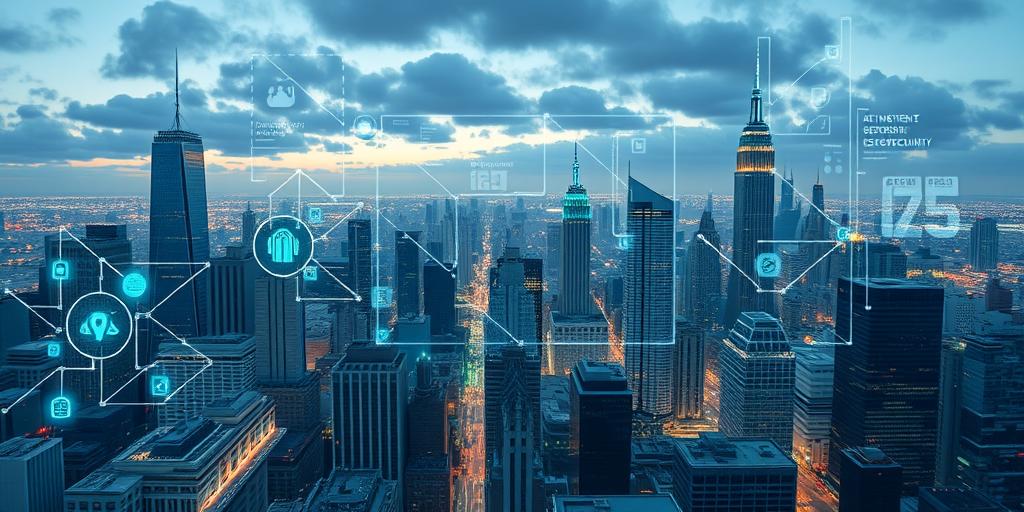The Next Big Disruption: What Businesses Should Prepare For (2025)
The business landscape is constantly evolving, and 2025 promises to be a year of significant disruption. Understanding these potential shifts is crucial for businesses to not only survive but thrive. This article will explore the key areas of disruption and offer insights into how businesses can prepare.
1. Artificial Intelligence and Automation
AI and automation are no longer futuristic concepts; they are rapidly transforming industries. From customer service to manufacturing, AI-powered tools are streamlining processes and enhancing efficiency. Businesses need to:
- Invest in AI Training: Equip employees with the skills to work alongside AI systems.
- Automate Repetitive Tasks: Free up human capital for more strategic activities.
- Explore AI-Driven Insights: Use AI to analyze data and gain a competitive edge.
2. The Rise of the Metaverse
The metaverse, a virtual world where users can interact, work, and play, is gaining traction. While still in its early stages, it presents significant opportunities for businesses. Consider:
- Virtual Presence: Establish a presence in the metaverse to engage with customers in new ways.
- Virtual Commerce: Explore selling virtual goods and services.
- Enhanced Customer Experiences: Create immersive experiences that blend the physical and digital worlds.
3. Sustainable Practices and ESG
Environmental, Social, and Governance (ESG) factors are becoming increasingly important to consumers and investors. Businesses must prioritize sustainability to remain competitive.
- Reduce Carbon Footprint: Implement eco-friendly practices throughout your operations.
- Promote Ethical Sourcing: Ensure your supply chain adheres to fair labor standards.
- Transparent Reporting: Communicate your ESG efforts to stakeholders.
4. The Evolving Workforce
The way people work is changing. Remote work, flexible schedules, and the gig economy are reshaping the traditional workforce. Businesses need to adapt by:
- Embracing Remote Work: Provide the infrastructure and support for remote employees.
- Focusing on Employee Well-being: Prioritize mental and physical health to attract and retain talent.
- Investing in Upskilling: Equip employees with the skills needed for the future of work.
5. Data Privacy and Cybersecurity
As data becomes more valuable, the risks of cyberattacks and data breaches increase. Businesses must prioritize data privacy and cybersecurity to protect themselves and their customers.
- Implement Strong Security Measures: Use firewalls, encryption, and multi-factor authentication.
- Comply with Data Privacy Regulations: Understand and adhere to laws like GDPR and CCPA.
- Educate Employees: Train employees on cybersecurity best practices.
Preparing for the Future
To navigate these disruptions successfully, businesses need to be proactive and adaptable. This involves:
- Continuous Monitoring: Stay informed about emerging trends and technologies.
- Strategic Planning: Develop long-term plans that address potential disruptions.
- Innovation: Foster a culture of innovation to encourage new ideas and solutions.
By understanding and preparing for these key disruptions, businesses can position themselves for success in 2025 and beyond.
